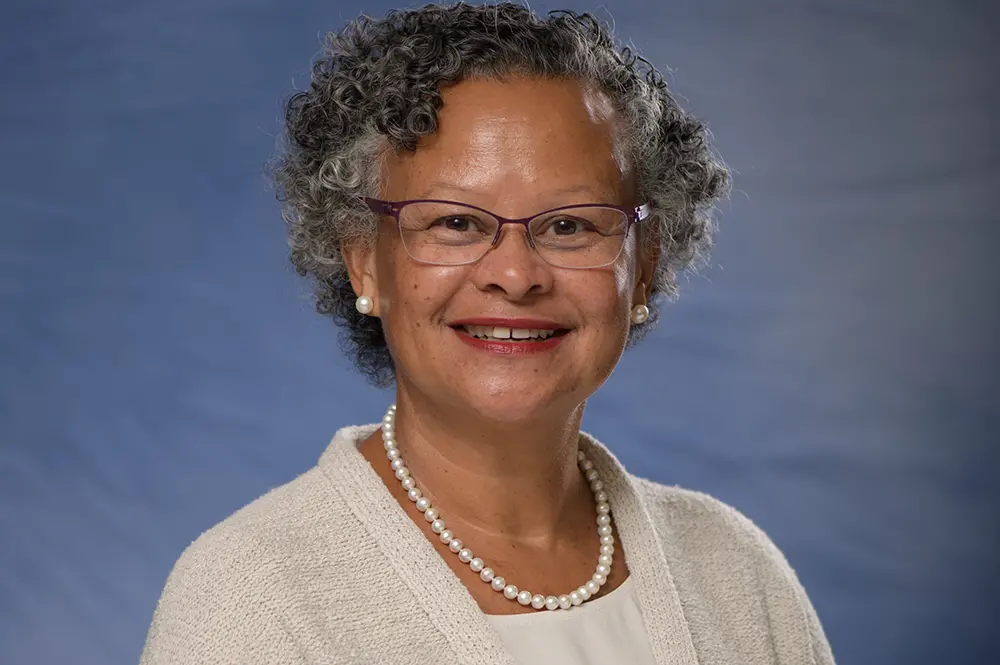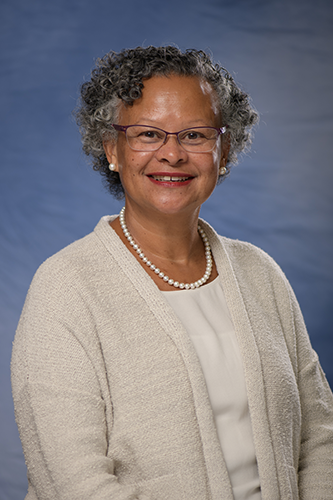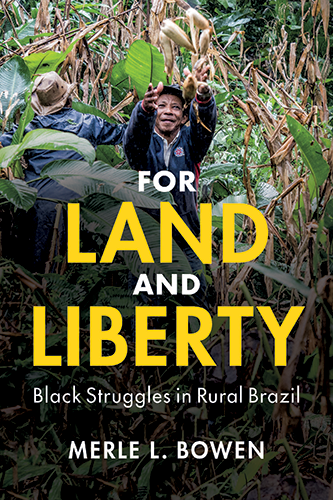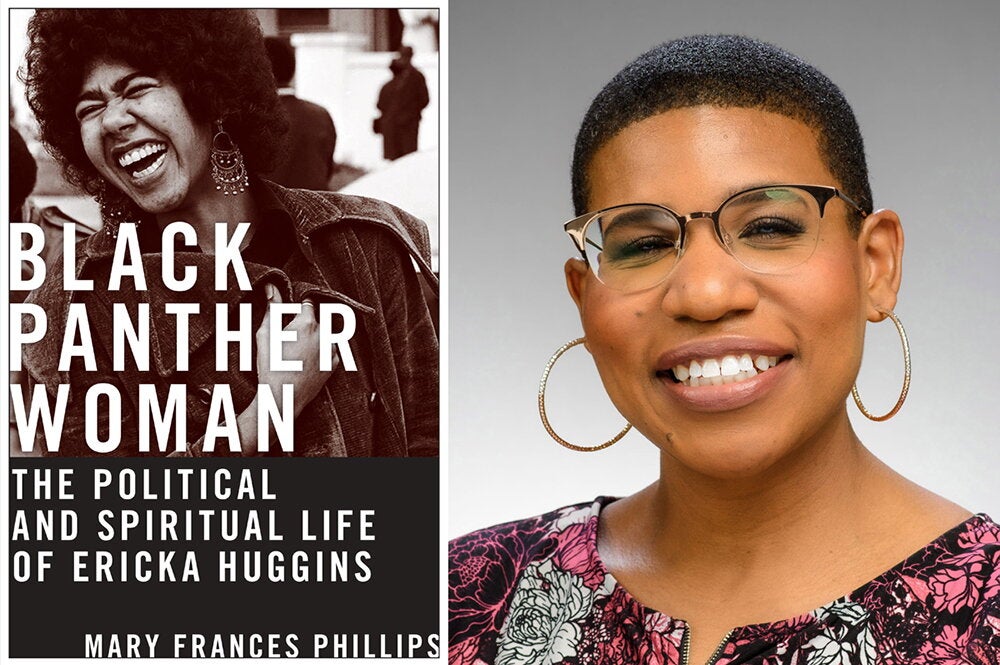

As a scholar of Africa and the African diaspora, Merle Bowen’s professional life has largely been focused on Black freedom in the context of land and labor. In her most recent book, “For Land and Liberty: Black Struggles in Rural Brazil,” the professor of African American studies explores the history and contemporary circumstances of rural communities of African descent—or Quilombos—in Brazil.
While the book, published in April 2021 by Cambridge University Press, has been well-received, its biggest success came recently as it was recognized as the P. Sterling Stuckey Book Prize winner by the Association for the Study of the Worldwide African Diaspora (ASWAD).
According to the award committee, "Merle Bowen's ‘For Land and Liberty’ is essential reading for the study of modern Quilombos, adding oral, quantitative and archival nuance to the historiography, and skillfully framing historic black rural communities of Brazil in comparative perspectives. Rather than lives played out in isolation, Bowen shows how multicultural, communal, and resilient those communities remain in the face of state violence, land dispossession, and economic and political oppression."
The award’s namesake, P. Sterling Stuckey, was an American historian and distinguished professor. Stuckey taught at the University of California, Riverside, where he specialized in American slavery as well as Afro-American intellectual and cultural history.
While Bowen’s book examines Quilombolas [residents of Quilombos] and their connections to the broader fight against racism, it focuses primarily upon their land claims. Even though Brazil’s constitution guarantees land rights, the lack of resources, state of bureaucracy, and racism continue to hinder the Quilombolas, preventing them from land ownership, Bowen reports. “These are not new struggles,” she said.
Bowen’s research in Brazil included archival work as well as collecting oral histories. Her numerous trips to Brazil took her to 30 Brazilian communities where she worked with more than 400 families.

“There are always challenges in doing work in rural communities,” she added. “You don't have the same infrastructure as if you were doing a study in urban areas. There are no hotels or bed and breakfast places out in the countryside. It’s just a challenge to get to these communities… It would take days for me to get (there).”
While her work reflects upon an unfinished chapter in the African diaspora's struggle for liberation in Brazil, Bowen noted that “African descendants have long believed land is the basis for their self-realization as well as their autonomy.”
In other words, Bowen pointed out, without official recognition of their own lands, the Quilombo communities feel a lack of control of their destiny.
In 2000, Bowen released “The State Against the Peasantry," a book exploring peasantry and agriculture in Africa, and Mozambique in particular. It was well received, but “For Land and Liberty” has received even wider acclaim.
“It has really helped me become known as a specialist in the field,” Bowen said. “The Stuckey book award is (ASWAD’s) most prestigious award.”
Bowen will receive the award at ASWAD’s 11th Biennial Conference in Accra, Ghana, this August. She said that she is honored to receive the award in Ghana, due to the nation’s reputation as a leader in Pan-Africanism, the idea that people of African descent share common interests and beliefs.
“Pan-Africanism is an important theme of my scholarship, as well as my teaching,” Bowen said.
Bowen’s next book project is about Canada. Nova Scotia is home to the oldest Black population in Canada, and she will explore the politics of Black land loss in the Atlantic province during an era of climate and environmental change.


